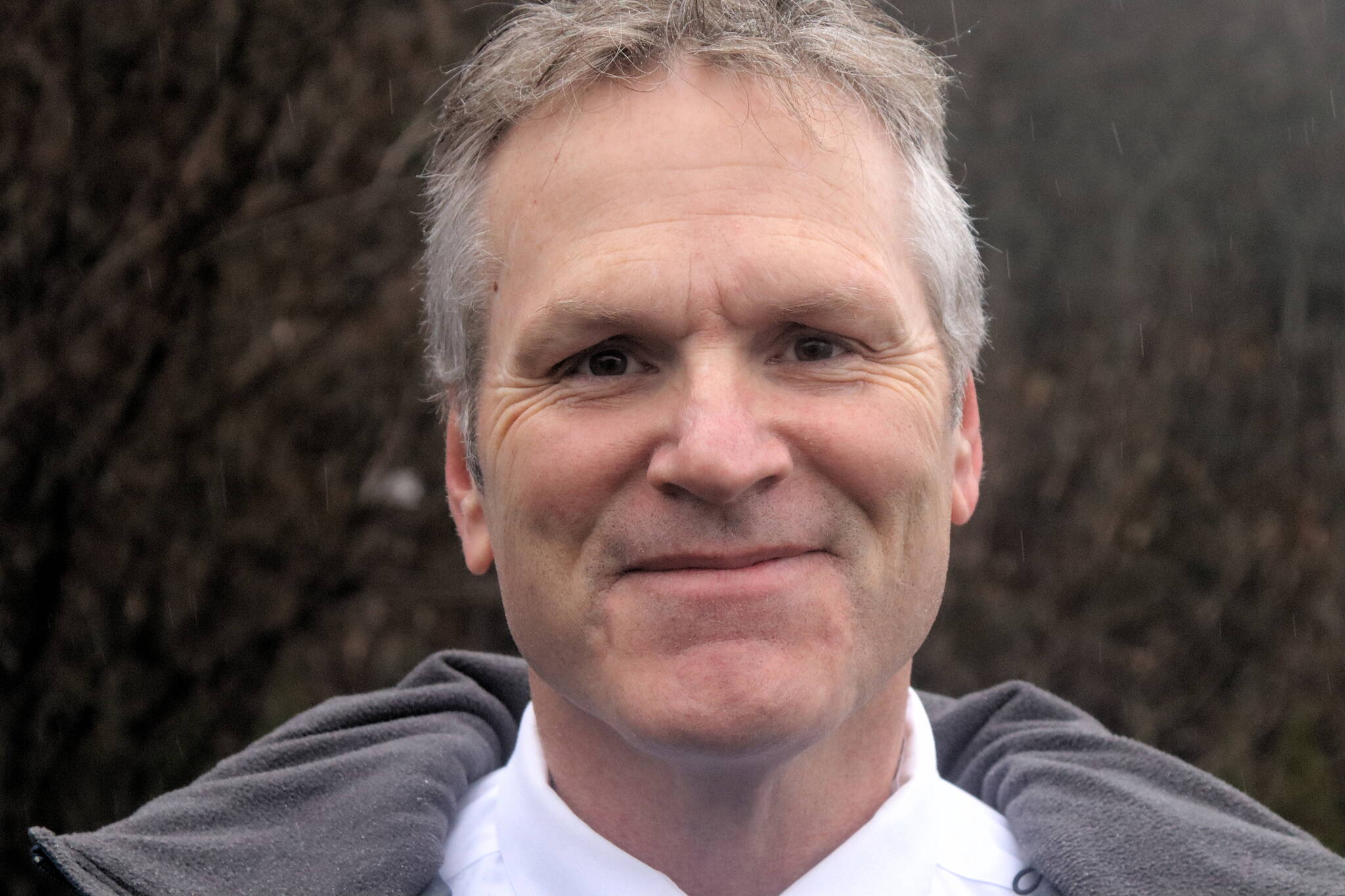When it comes to most educational outcomes, Alaska can’t boast about being No. 1. However, according to a Harvard study published last year, our charter schools can. Make no mistake, we’re not talking about private schools. Charter schools in Alaska are public schools. They are the envy of the nation because they excel at offering our students the opportunity to thrive academically and personally. It’s time to build on this success and expand charter school availability to ensure that any student in Alaska can benefit from these transformative educational models.
The numbers don’t lie: Alaska’s charter schools consistently outperform traditional public schools in academic achievement, parental satisfaction and student engagement. Anchorage’s Rilke Schule, with its emphasis on bilingual education, and Aquarian Charter School, known for its integrated arts curriculum, create learning environments where students excel. These schools deliver exceptional results through individualized teaching methods, smaller class sizes, and a commitment to meeting the needs of families and students.
So, what makes Alaska’s charter schools so successful? They’re not “one-size-fits-all” but instead are unique learning models, developed by public school educators, parents and students, to meet families’ needs. Rather than cookie-cutter learning environments where many students struggle to find relevancy, charter schools offer personalized learning opportunities that engage students and get them excited to learn
Public charter schools throughout the state collaborate with parents to meet the diverse needs of Alaskan students. Some emphasize culturally relevant education with Alaska Native communities, such as Knik Charter School in the Matsu and the Alaska Native Culture Charter School in Anchorage. We also have charter schools that are preparing students for high-paying jobs in the trades by focusing on CTE.
Unfortunately, these opportunities remain limited to only a fortunate few. That’s not because of household incomes or policies that allow charter schools to hand pick their students as some have argued, but because the process to authorize new charter schools is stymied by restrictive statutes and regulations.
Additionally, despite their success, some school districts limit charter school choices. Enrollment caps of existing charter schools leave thousands of students on waitlists and countless families unable to access the education they desire for their children. This is unacceptable in a state where its people value freedom, opportunity and innovation.
Critics argue that expanding public charter schools diverts resources from traditional public schools, but this is a false choice. Charter schools are public schools with public school educators, funded with the same goal in mind: providing every child with access to a quality education. By fostering competition and encouraging innovation, high-performing charter schools raise the bar for the entire public education system.
There are some who want to limit public education options like homeschool correspondence and charter schools, but the increased demand for a different education model is undeniable. Changing technology, more flexible work schedules for parents, frustration with a lack of discipline in neighborhood schools, and anger over political indoctrination (real and/or imagined) have all contributed to parents looking for options other than the traditional neighborhood school model.
Those who support the status quo support depriving many students of accessing the educational model that would serve them best. Parents are voting with their feet, seeking out alternatives that provide the best opportunities for their children. Alaska’s charter schools have proven their worth. They are a shining example of what a public education can achieve when freed from bureaucratic constraints and focuses on serving the student rather than the system.
Expanding charter schools isn’t just about offering alternatives; it’s about giving every child the chance to succeed, regardless of their background or ZIP code. Nationally and locally, we see that alternative public school choice benefits “at-risk” students, minorities, and those in underserved communities.
As governor, I am committed to improving education outcomes and expanding educational freedom by providing public school learning models that work best for individual families and students. It’s time for policymakers to listen to parents, not special interest groups, and act.
Supporting policies that promote the growth of public charter and correspondence schools ensures that everyone wins. Expansion means more choices for families, more room for innovative teaching, and, most importantly, better outcomes for all Alaskan children. Let’s build on the success of our charter schools and ensure that every child has access to the best education possible. The future of our state depends on it.
Mike Dunleavy is the 12th governor of Alaska.

